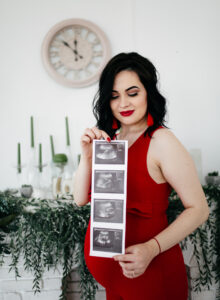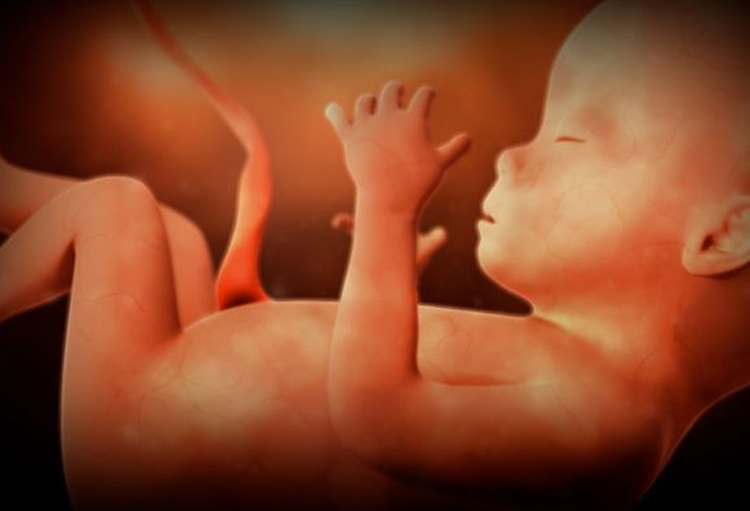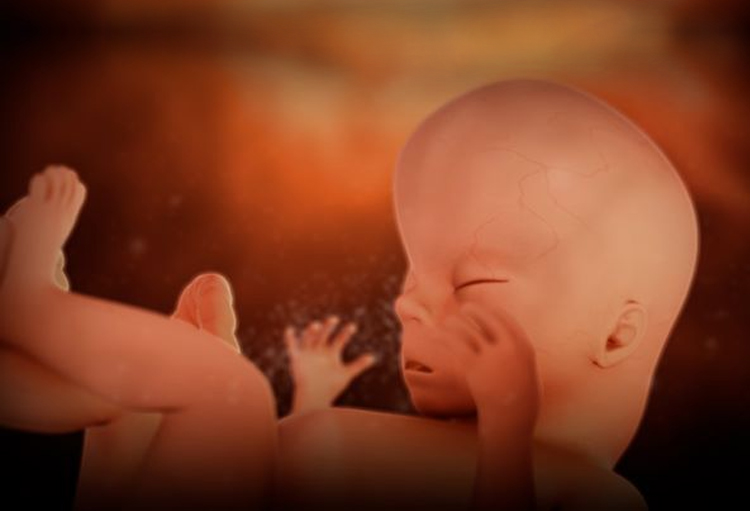Your Baby at Week 19
At week 19, your baby is undergoing significant growth and development. This article will provide an overview of the exciting changes happening to your baby during this stage of pregnancy. From improved coordination and sensory development to the formation of vernix caseosa, let’s explore the fascinating journey of your little one.
Developmental Milestones

At week 19, your baby measures approximately six inches in length and weighs around 225 grams. This period marks a growth spurt for your baby, resulting in more proportional limbs and enhanced coordination. The connections between the brain and muscles are forming, allowing your baby to perform intricate movements, akin to choreographing Matrix-like actions.
Limb Control and Movement
At week 19, With the increased development and coordination of the arms and legs, your baby’s movements become more noticeable. You may start feeling kicks, stretches, and belly surfing sensations as your baby explores their newfound control over limb movements. These delightful movements make the idea of having a baby even more real and tangible.
Sensory Development
At week 19 is a crucial milestone for sensory development. Specialized nerve cells serving the senses of taste, smell, hearing, sight, and touch are forming in distinct areas of the brain. While nerve cell production slows down, existing nerve cells grow larger and establish more intricate connections. This intricate process contributes to your baby’s sensory awareness and perception.
Hair Growth and Skin Protection

At week 19, Not only is your baby’s nervous system rapidly developing, but their physical appearance is also changing. Hair begins to sprout on the scalp, further defining your baby’s features. Additionally, your baby is covered in a protective substance known as vernix caseosa, which acts as a greasy and white varnish. Vernix is composed of lanugo, the fine hair covering your baby’s body, oil from their glands, and dead skin cells. This waxy substance plays a crucial role in shielding your baby’s sensitive skin from the amniotic fluid, preventing excessive wrinkling.
Significance of Vernix While vernix may not sound appealing, it serves an essential purpose. Without vernix, your baby’s skin would appear excessively wrinkled at birth, resembling the effect of prolonged water exposure. As delivery approaches, the vernix will naturally shed. However, it’s worth noting that some babies, especially those born prematurely, may still have vernix on their skin during delivery. In such cases, you will have a firsthand glimpse of your baby’s natural “anti-wrinkle cream.”
Feeling Your Baby’s Movements
At week 19, you may begin to feel your baby’s movements, a significant milestone in the pregnancy journey. This sensation, known as quickening, typically occurs between the 18th and 20th weeks of pregnancy. If you have been pregnant before, you might recognize these movements earlier than expected. Initially, you may mistake them for stomach rumblings, but soon you’ll realize it’s your baby performing delightful back flips. Remember to make a note of when you first feel these movements and share the information with your doctor during your next visit.
Vernix: Your Baby’s Protective Coating

At week 19, your baby is developing a unique protective substance called vernix caseosa, which translates to “varnish cheese” in Latin. Vernix is a greasy, white substance that covers your baby’s skin. It consists of lanugo, the fine hair that covers their body, oil from their glands, and dead skin cells. Although it may not sound appealing, vernix plays a vital role in safeguarding your baby’s sensitive skin from the amniotic fluid surrounding them.
At week 19, your baby’s skin would appear wrinkled at birth, as if they had been soaking in a bath for nine months. As your due date approaches, the vernix will naturally shed off, although some babies, especially those born prematurely, may still have traces of it at delivery. You might have the chance to see your baby’s first “anti-wrinkle cream” in action.
Week 19 of pregnancy is an exciting period of growth and development for your baby. From improved limb control and sensory development to the formation of vernix caseosa, your baby is progressing steadily on their journey towards birth. Cherish the magical moments of feeling their movements and relish the unique experience of nurturing a new life within you.




